Thursday Feb 19, 2026
Thursday Feb 19, 2026
Monday, 10 October 2022 00:00 - - {{hitsCtrl.values.hits}}
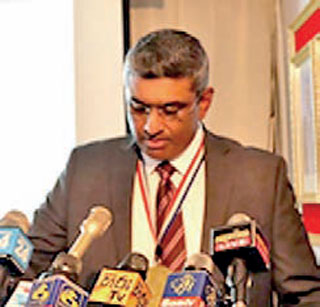
Welcome address by OPA Sri Lanka President Dulitha Perera

CA Sri Lanka Faculty of Taxation Council Member and Chairman Tishan Subasinghe
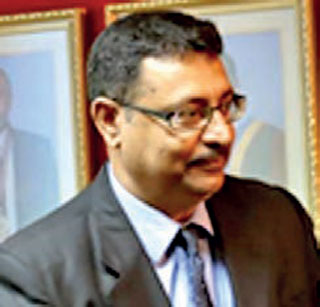
KPMG Principal Tax and Regulatory Suresh R.I. Perera
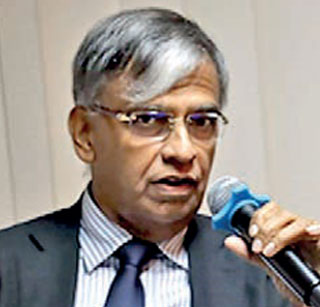
Gajma & Co. Founder and Partner N.R. Gajendran
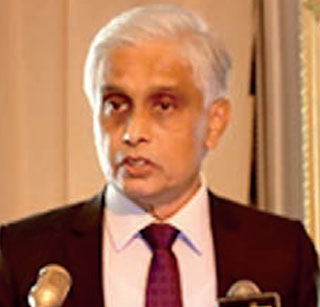
Ranaweera Associates & Assent Advisory Partners Managing Partner Athula Ranaweera
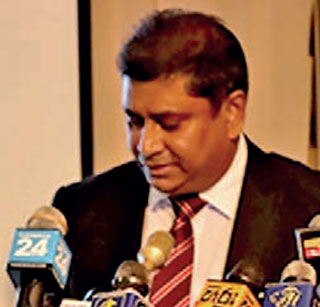
OPA Executive Council member and CAL Exports Lanka CEO Amila Sugathapala
The Organization of Professional Associations of Sri Lanka (OPA Sri Lanka) conducted its seminar on Latest Tax Reforms on 3 October in collaboration with Institute of Chartered Accountants of Sri Lanka which was jointly organised by the Seminars, Workshops and Programmes Committee and the Career Guidance & Skills Development Committee of OPA Sri Lanka.
Key resource personnel, Ranaweera Associates & Assent Advisory Partners Managing Partner Athula Ranaweera, GAJMA & Co. Founder and Partner N.R. Gajendran and KPMG Principal of Tax and Regulatory Suresh R.I. Perera, spoke on recent changes in taxes while underscoring some of the changes are not necessarily reforms as expected.
The seminar was well-attended by representatives not only from the accounting fraternity but also a good cross section of professionals from other representative member associations.
Tishan Subasinghe, representing the President of CA Sri Lanka, being the Chairman of the Faculty of Taxation of CA Sri Lanka presented the keynote speech followed by the presentations and a panel discussion which was moderated by OPA Executive Council member and CAL Exports Lanka Ltd. CEO Amila Sugathapala, in the presence of OPA President Dulitha Perera, Seminars, Workshops and Programmes Committee Chairman Eng. Saman Kandanearachchi, Career Guidance & Skills Development Committee Chairman Eng. Ravi Rupasinghe, and other office bearers of the OPA.
The revolting amount of tax reliefs granted in 2019, resulted in Tax Loss of around Rs. 600 billion to Rs. 800 billion. p.a. which led the economy into fiscal imbalance, foreign currency shortage and poor credit rating. A number of tax changes/reforms pertaining to Income Tax, Value Added Tax (VAT), Telecommunication Levy and Betting and Gaming Levy have been already approved to be implemented through these proposals with some of these tax proposals have already been implemented.
In addition, the VAT was also increased to 15% from the current rate of 12% with effect from 1 September 2022. Most revenue proposals introduced in May 2022 will be effective from 1 October 2022 as well. The interim budget also proposed removal of Tax Holidays granted under the Inland Revenue (Amendment) Act No. 10 of 2021 for projects or undertakings commencing on or after 31 March 2023 and Proposals to Strengthen the Revenue Administration System.
In summation it was stressed that amidst efforts to bring the economy into normalcy, this crisis budget seems to revert many short-sighted economic practices with aims to scrutinise IT avenues. It was further shared that short term recovery actions to ensure the support of the IMF and addressing Long Term National Economic Policies through long-term plans are imperative to bring macroeconomic stability. However, clear policy backing is needed by Industrialist to increase the domestic production for country’s survival and the development.